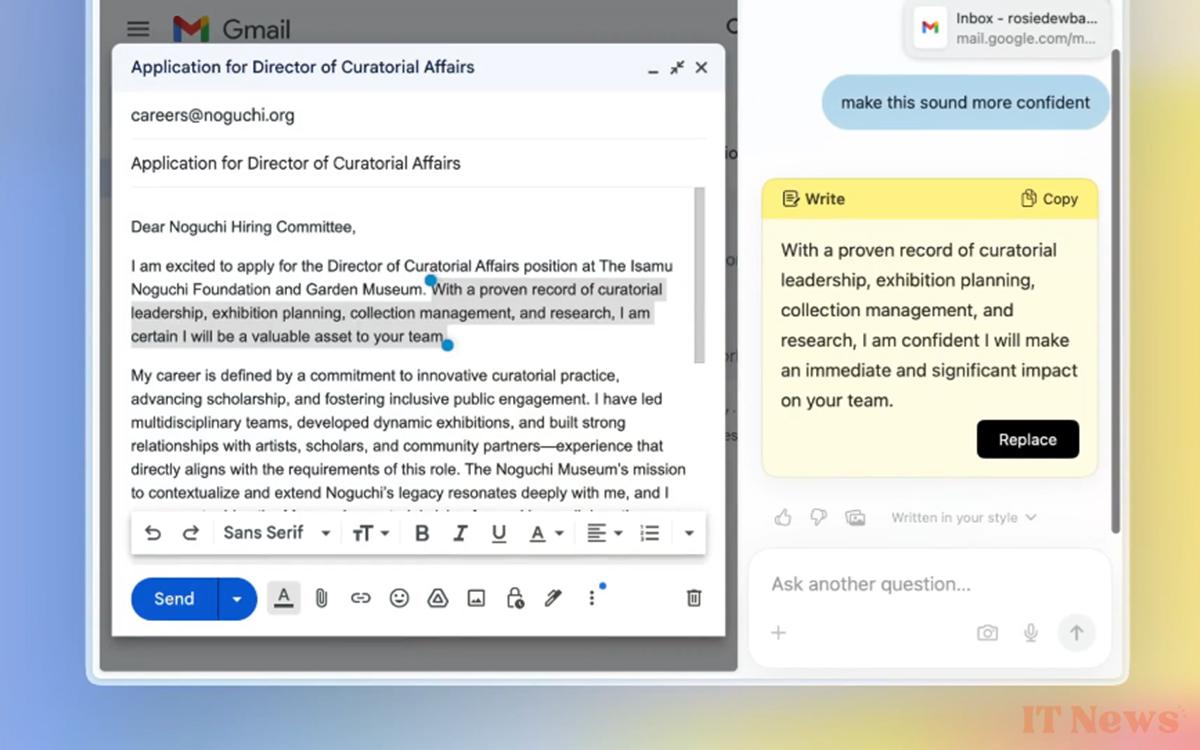The Browser Company unveils a new internet browser with an integrated AI assistant, but not in the way we're used to. Let's see how Dia, the successor to Arc, works.
You and your other half have decided to go abroad for a few days. It's up to you to find accommodation. On your internet browser, it's a bit of a mess between the Airbnb, Booking, hotel website tabs, Messenger to share your finds...
Comparing your different options will take time. But you're not averse to using artificial intelligence. You then open a ChatGPT conversation and start copying and pasting the accommodation descriptions, your friend's feedback, etc.
Technically, it'll be faster than doing everything by hand, but it's possible to do better. This is the idea that surely motivated the teams at the Browser Company. Doesn't this name mean anything to you? It's the one behind Arc, a browser that was long exclusive to macOS and is coming to Windows in 2024.
Packed with useful features, it has replaced Chrome on many users' PCs. If you're one of them, there's good news and bad news. The bad news is that Arc's development will slow down significantly. The good news is that a new browser will do better.
This browser's AI isn't quite like the others
Dia, as it's called, aims to greatly simplify the use of AI while you browse. The principle is simple: it's integrated directly into the address bar, so you can formulate your query without having to copy and paste the important elements elsewhere.
Using the example above, you can write “compare these properties and make me a table with the pros and cons of each” and then drag the necessary tabs before confirming.
This is just one of the browser's possibilities. Swiping a written professional report tab onto Google Docs and requesting a summary, a summary of a product so AI can find it for you cheaper elsewhere... Almost anything is possible.
Dia is currently available on macOS in beta version. However, you can sign up for a waiting list to be notified when it arrives on Windows. Note that no timeframe is indicated. It could be months, or even longer, before we hear anything.




0 Comments